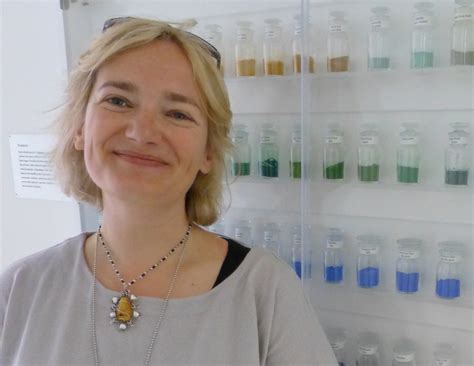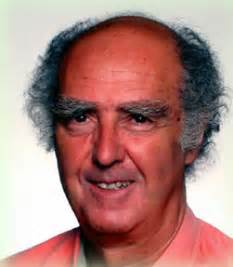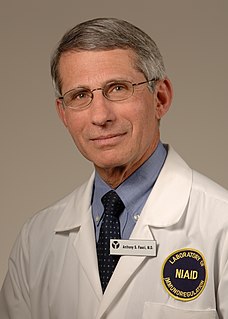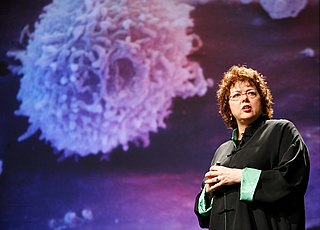A Quote by Archie Kalokerinos
Up to 90% of the total decline in the death rate of children between 1860-1965 because of whooping cough, scarlet fever, diphtheria, and measles occurred before the introduction of immunisations and antibiotics.
Related Quotes
After the scarlet fever and the whooping cough, I remember I started to get mad about it all... I went through the stage of asking myself, 'Wilma, what is this existence all about? Is it about being sick all the time? It can't be.' So I started getting angry about things, fighting back in a new way with a vengeance.
Throughout Asia and Europe, pearls were traditionally believed to ease a range of conditions, including eye diseases, fever, insomnia, 'female complaints', dysentery, whooping cough, measles, loss of virility, and bed-wetting ... Though nobody seems to advertise the potential for pearls to cure bed-wetting anymore.
Publications by the World Health Organization show that diphtheria is steadily declining in most European countries, including those in which there has been no immunization. The decline began long before vaccination was developed. There is certainly no guarantee that vaccination will protect a child against the disease; in fact, over 30,000 cases of diphtheria have been recorded in the United Kingdom in fully immunized children.
Only after realising that routine immunisations were dangerous did I achieve a substantial drop in infant death rates. The worst vaccine of all is the whooping cough vaccine... it is responsible for a lot of deaths and for a lot of infants suffering irreversible brain damage. In susceptible infants, it knocks their immune systems about, leading to irreparable brain damage, or severe attacks or even deaths from diseases like pneumonia or gastro-enteritis and so on.
In all, 86 per cent of the increased life expectancy was due to decreases in infectious diseases. And the bulk of the decline in infectious disease deaths occurred prior to the age of antibiotics. Less than 4 per cent of the total improvement in life expectancy since 1700s can be credited to twentieth-century advances in medical care.





































